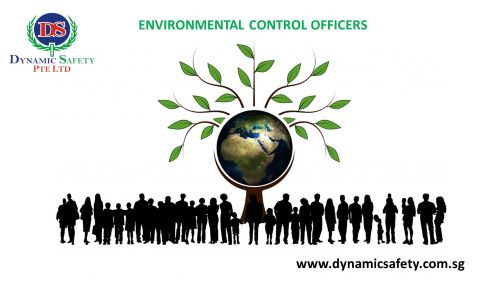



Blog
ENVIRONMENTAL CONTROL OFFICERS

Environmental Control Officers (ECO) are becoming more common requirements of approved Environmental Authorizations (EA) and Permits, especially for construction projects. ECOs are typically not clearly defined in EAs as to their responsibilities and duties, so this is a quick summary in order to help you understand what is required for your project.
As part of the project team, environmental control officers assume the responsibility of an external party. EAs typically require the ECO to attend site visits and site meetings on a regular basis. The frequency, extent, and duration of this process varies greatly depending on the project's size, extent, and duration. An environmental audit component is included in the site visit to ensure, for example, that construction activities are undertaken in compliance with the approved Environmental Management Programme (EMP), the Environmental Assessment and any other laws applicable to the project.
Additionally, the ECO may need to train staff undertaking the project related to the authorisation and make them aware of the critical environmental conditions and mitigation or preventative measures described in the EMP / EA. To prevent environmental incidents from occurring, the ECO must have a thorough understanding of the possible environmental aspects and impacts of the project and be able to pass this knowledge on to the project team.
ECO duties vary depending on the requirements and scope of the project, but typically include (but are not limited to) the following:
- Documenting the site conditions during a pre-construction site assessment. Frequently carried out in conjunction with other environmental specialists to document pre-construction circumstances.
- conducting routine inspections and site visits.
- monitoring of construction-related activities to guarantee adherence to the EMP and EA
- Assist in the formulation and maintenance of method statements for activities of high environmental implications.
- ensuring that the operations continue to be in accordance with the law.
- Offer awareness training or see to it that it is done.
- Consult with the Client, stakeholders and report to the Competent Authority throughout the project if required.
- ECO Compliance Reports.
- Give the project team general environmental support; and
- After the construction phase is finished, create a post-construction audit and note any environmental issues that need to be resolved by the contractor.
- The results of the ECO Audits about the authorization and advancement of the project are included in the Environmental Control Officer audit reports together with photographic references. In order to report on the activities' conformity with environmental regulations, these audit reports must be delivered to the appropriate authorities.
After the project is over, the ECO creates a post-construction audit to assess how well the construction phase was closed out and to find any issues that still need to be fixed by the contractor. To make sure the techniques used are sufficient and self-sustaining, the ECO can also be needed to assess the rehabilitation's implementation during and even after the building phase.

